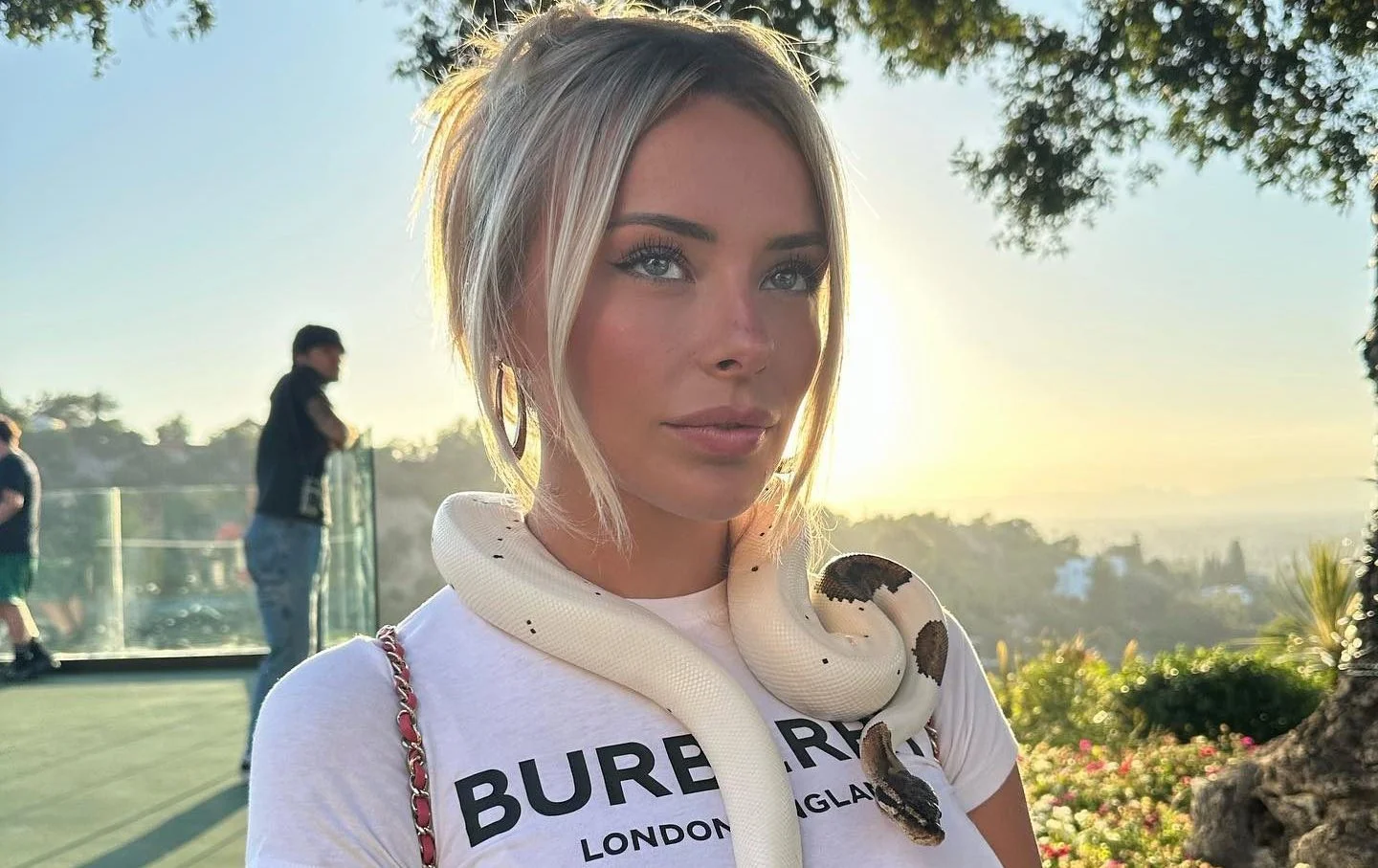The phrase “Dove Cameron The Fappening” has circulated widely across social media and online forums, often tied to discussions about leaked celebrity photos and privacy breaches. However, the true lesson from this controversy is not about the scandal itself but about the ethical challenges related to data privacy, consent, and the way society consumes online information. This article explores these issues in depth and reflects on how incidents like this redefine our understanding of privacy in the digital age.
The Background of The Fappening Phenomenon
“The Fappening” was a massive privacy breach that occurred in 2014 when hackers accessed private cloud storage accounts of numerous public figures, exposing sensitive photos online. Over time, the term began to be used symbolically for any similar instance where private images or videos of celebrities were leaked without consent.
When the phrase “Dove Cameron The Fappening” surfaced in various corners of the internet, it represented yet another unfortunate instance of how misinformation, rumor-spreading, and invasive curiosity can harm a public figure’s reputation. It speaks to how easily online discourse amplifies unauthorized material and turns personal trauma into a spectacle.
The Human Cost of Digital Exposure
For any celebrity affected by privacy violations, including those falsely associated with them, the consequences extend far beyond embarrassment. Such experiences often result in emotional distress, reputational damage, and even career disruptions. Dove Cameron, known for her work on Liv and Maddie and Descendants, has often spoken about self-empowerment, authenticity, and self-respect — themes that stand in stark contrast to the invasive culture surrounding leaked content.
The label “Dove Cameron The Fappening” highlights how individuals can become unwilling participants in online narratives they never consented to. It also emphasizes the power imbalance between celebrities and the anonymous actors who spread or consume private content without considering its long-term effects.
Media Ethics and Online Behavior
Celebrity culture has always walked a fine line between curiosity and intrusion. The rise of digital media has blurred that line further, creating an environment where privacy seems almost impossible to maintain. Tabloid websites, Reddit threads, and Twitter discussions often feed off sensationalism, rewarding clicks over conscientious reporting.
From an ethical standpoint, journalists and content creators should avoid perpetuating rumors, reposting leaked materials, or capitalizing on sensitive incidents. The public, too, carries responsibility. Searching for or consuming leaked photos—even under trending tags like “Dove Cameron The Fappening”—fuels exploitation. True media literacy involves asking: Am I respecting someone’s right to privacy by engaging with this content?
Laws and Consequences of Privacy Violations
In response to repeated incidents of digital leaks, governments and technology companies have introduced stricter regulations. In the U.S., laws on “revenge porn” and digital privacy now carry serious penalties for those who hack, distribute, or even host unauthorized images. Platforms like Google, Twitter, and Reddit have since updated policies allowing swift takedowns of non-consensual intimate content.
Victims now have better tools to reclaim control over their data, request content removal, and pursue legal action. These improvements mark an evolving understanding that online harassment and doxxing are not harmless pranks—they are serious violations of human rights.
Still, the enforcement of these laws remains uneven, especially across international borders. Many individuals disseminating private material exploit loopholes, re-upload deleted files, or move content across anonymous websites. This reality underscores why awareness campaigns and ethical media behavior are essential in addressing cases like “Dove Cameron The Fappening.”
Technology’s Role: Prevention and Accountability
Cloud services, artificial intelligence, and digital footprints have become double-edged swords. They provide convenience and connectivity, but also potential vulnerabilities. Hackers often exploit weak passwords, phishing schemes, and unsecured networks to access private data.
To prevent future incidents:
- Users should enable two-factor authentication on all accounts.
- Cloud backups should be encrypted where possible.
- Celebrities and public figures should rely on professional cybersecurity consultants.
- Platforms must enhance proactive monitoring for non-consensual content spread.
No matter how advanced technology becomes, human responsibility remains key. The internet’s permanence magnifies mistakes, but it can also amplify accountability and education if used rightly.
Cultural Reflection: From Scandal to Reform
Incidents like “Dove Cameron The Fappening” mirror both our fascination with fame and our desensitization to others’ boundaries. Every time leaked content becomes entertainment, it reinforces the notion that popularity negates privacy. Yet, responses have slowly begun to shift. More fans now express support for victims rather than indulging curiosity. Public calls for respect and digital accountability have grown louder, signaling cultural progress.
Celebrities themselves have become advocates for privacy rights and mental health awareness. Instead of letting scandals define them, many turn vulnerability into advocacy, using platforms to educate audiences about consent, resilience, and online ethics. This shift helps turn moments of exploitation into catalysts for reform.
Moving Toward a Respectful Digital Future
If the lesson of Dove Cameron The Fappening tells us anything, it’s that digital empathy must evolve alongside technology. Privacy in the age of constant connectivity is a shared responsibility—between platforms, governments, content creators, and audiences.
To move forward:
- Society must redefine what constitutes newsworthy material.
- Individuals should practice digital compassion—choosing not to click, share, or gossip about private leaks.
- Schools and communities can introduce discussions on ethics and consent in digital spaces.
- Companies must continue refining algorithms to detect and remove harmful content.
Only when collective awareness replaces voyeurism can the internet become a safer ecosystem for everyone—public figures and ordinary users alike.
Final Thoughts
The phrase “Dove Cameron The Fappening” should serve not as clickbait, but as a moral reminder. Behind every headline is a person deserving dignity, not exposure. The challenge of maintaining privacy in a hyperconnected world will persist, but with evolving cultural attitudes and technological safeguards, a more respectful and secure digital environment is possible.
Protecting personal boundaries, whether yours or a celebrity’s, is not just a matter of ethics—it’s a fundamental expression of humanity in the digital era.





